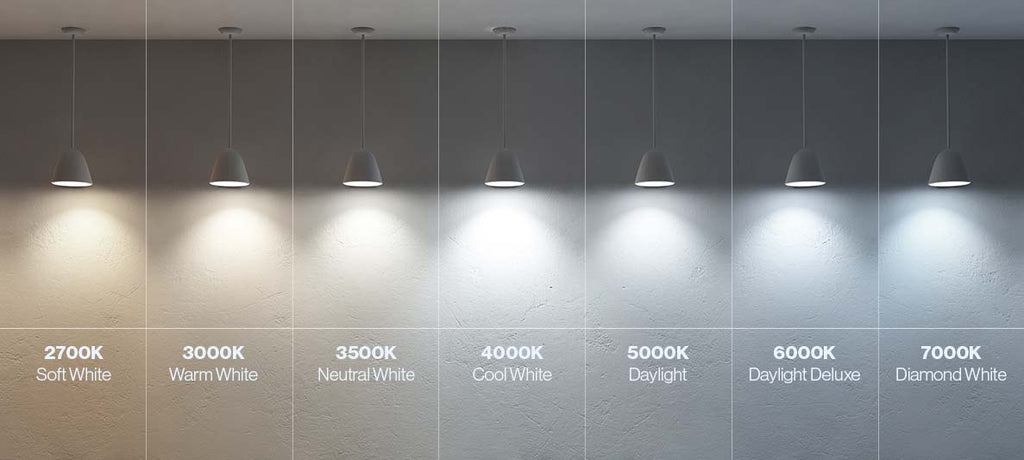Understanding the Different Types of Electricians: Residential, Commercial, and Industrial
The other day while my brother was looking for an electrician on Angi’s List to install a ceiling fan, he said “Jeez, there are a lot of different kinds of electricians.” I thought that he should have assumed as much, since there are also a lot of different appliances and electrical jobs. Because even though an industrial electrician could install your ceiling fan for you, they probably won’t.
If you’ve ever wondered about the differences between the various types of electricians, you’re in the right place. Let’s break down what sets apart residential, commercial, and industrial electricians, and what each one brings to the table so that you don’t get confused like my brother did.

Residential Electricians
Think about your home—the place where you relax, cook, and entertain. Residential electricians are the professionals who handle the electrical needs within this environment. They’re the ones who make sure that your living spaces are safe, functional, and up to code.
What They Do
Residential electricians work on the wiring, outlets, and lighting in homes. Whether you’re building a new house or experiencing issues with your current electrical setup, they’re the experts that you would call to get the job done.
Typical Projects
- New Installations: Residential electricians install the wiring, outlets, and fixtures of new homes.
- Repairs: They troubleshoot and fix issues such as faulty wiring, flickering lights, or malfunctioning outlets.
- Upgrades: From adding new outlets to upgrading the electrical panel to accommodate modern appliances, residential electricians handle various upgrades.
Residential electricians are familiar with local building codes and regulations, ensuring that everything is safe and compliant. One user on the r/electricians subreddit says, “If you’re new to the trade and still considering which path to follow, you should consider doing residential first for a year. Every electrician should know how to wire a house properly and efficiently, as well as know the steps it takes to build a house. After that, you can move on to commercial or industrial.”

Commercial Electricians
Now, let’s talk about commercial electricians—and no they aren’t the people in charge of operating your favorite Arby's commercial. These professionals work in places like offices, retail stores, and restaurants. They handle the electrical systems that keep businesses running smoothly.
What They Do:
Commercial electricians focus on the electrical infrastructure needed for commercial spaces. They manage everything from lighting and power systems to wiring and maintenance.
Typical Projects:
- Lighting Installations: They install and maintain lighting systems in various commercial settings, from office buildings to shopping centers.
- System Upgrades: As businesses grow or change, commercial electricians upgrade electrical systems to meet new demands and incorporate new technologies.
- Maintenance and Repairs: Regular maintenance and emergency repairs are part of their job to ensure minimal disruption to business operations.
They often work on larger and more complex systems compared to residential electricians, and they need to be skilled in managing multiple projects and coordinating with other professionals.

Industrial Electricians
Industrial electricians work in settings like factories, plants, and industrial facilities. Their focus is on the electrical systems that power heavy machinery and production lines—basically anything with enough voltage to reincarnate a dinosaur.
What They Do:
Industrial electricians are responsible for maintaining, installing, and repairing the electrical systems that keep industrial operations running efficiently.
Typical Projects:
- Machinery Maintenance: They ensure that industrial machinery operates correctly and efficiently, performing regular maintenance and addressing any issues.
- Equipment Installation: Industrial electricians handle the installation and wiring of complex machinery and control systems.
- System Upgrades: As industrial processes evolve, they upgrade electrical systems to accommodate new technologies and increased power demands.
Industrial electricians typically require specialized training to handle the complexities and safety concerns of industrial systems, and they often work in challenging environments.

Education requirements
The education tracts for residential and commercial electricians include several of the same milestones, even if the end results are different. For example, both residential and commercial electricians need a minimum of a high school diploma or GED, followed by either an apprenticeship or the completion of a two-year technical school program followed by an apprenticeship.
The biggest difference is that they will eventually pursue different types of apprenticeships. A prospective residential electrician would likely pursue an apprenticeship with a tradesperson or electrician business specializing in installing, repairing or maintaining electrical systems in residential properties. Alternatively, prospective commercial and industrial electricians would likely pursue an apprenticeship with an electrician business that prepares them for working with large electrical systems for commercial buildings or heavy machinery.

Choosing the Right Electrician
If you’re considering a project and need to choose the right type of electrician, here’s a quick guide.
- For Home Projects: A residential electrician is your best bet for any work involving your home’s electrical system.
- For Business Needs: Opt for a commercial electrician to handle electrical work in office spaces, retail environments, or other business settings.
- For Industrial Work: An industrial electrician is essential for complex machinery and systems in factories or plants.
Another easy way to determine the kind of electrician you’ll need is to consider the voltage involved. Residential electricians typically work with high voltage systems between 120 volts and 240 volts that supply homes with electrical power. In comparison, commercial electricians can work with extra high voltage systems that exceed 240 volts for large commercial buildings.
Each type of electrician plays a crucial role in maintaining the electrical systems that power our daily lives. Whether they’re working in homes, businesses, or industrial settings, their expertise ensures everything runs smoothly and safely. Next time you flip a switch or rely on an electrical system, you’ll know exactly which professional is behind the scenes keeping things in check. Here’s to all the electricians out there—thanks for keeping our world bright and functional!
1 comment
-
Posted on by Gwengetting a contractors license is an investment in your future, giving you access to better opportunities and higher-paying jobs.


